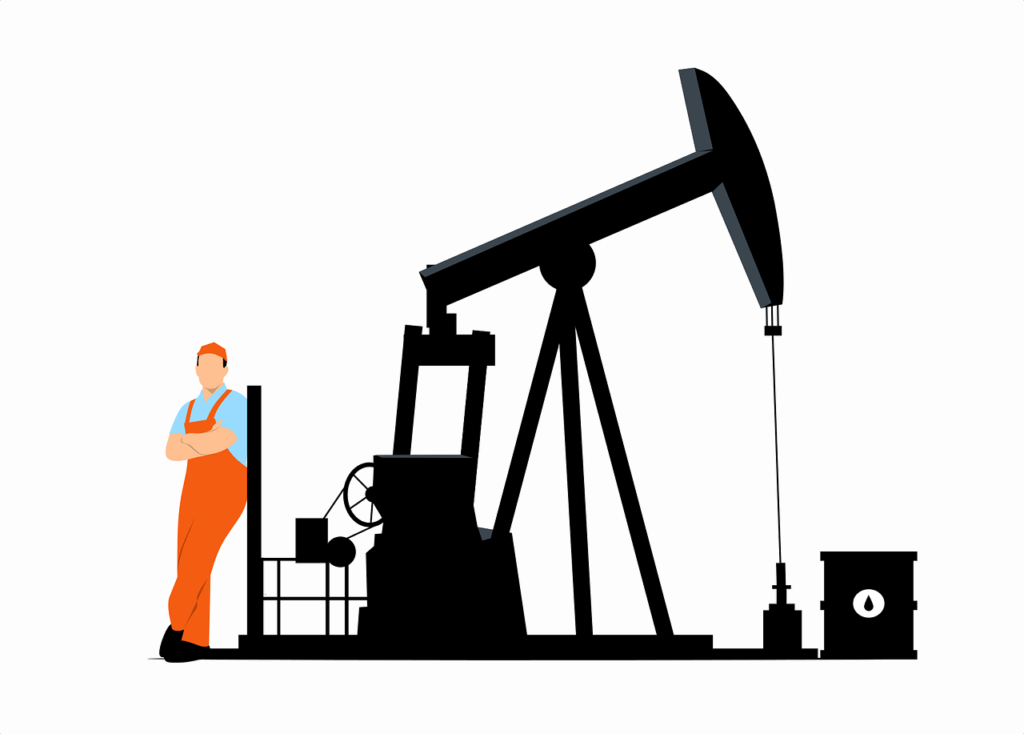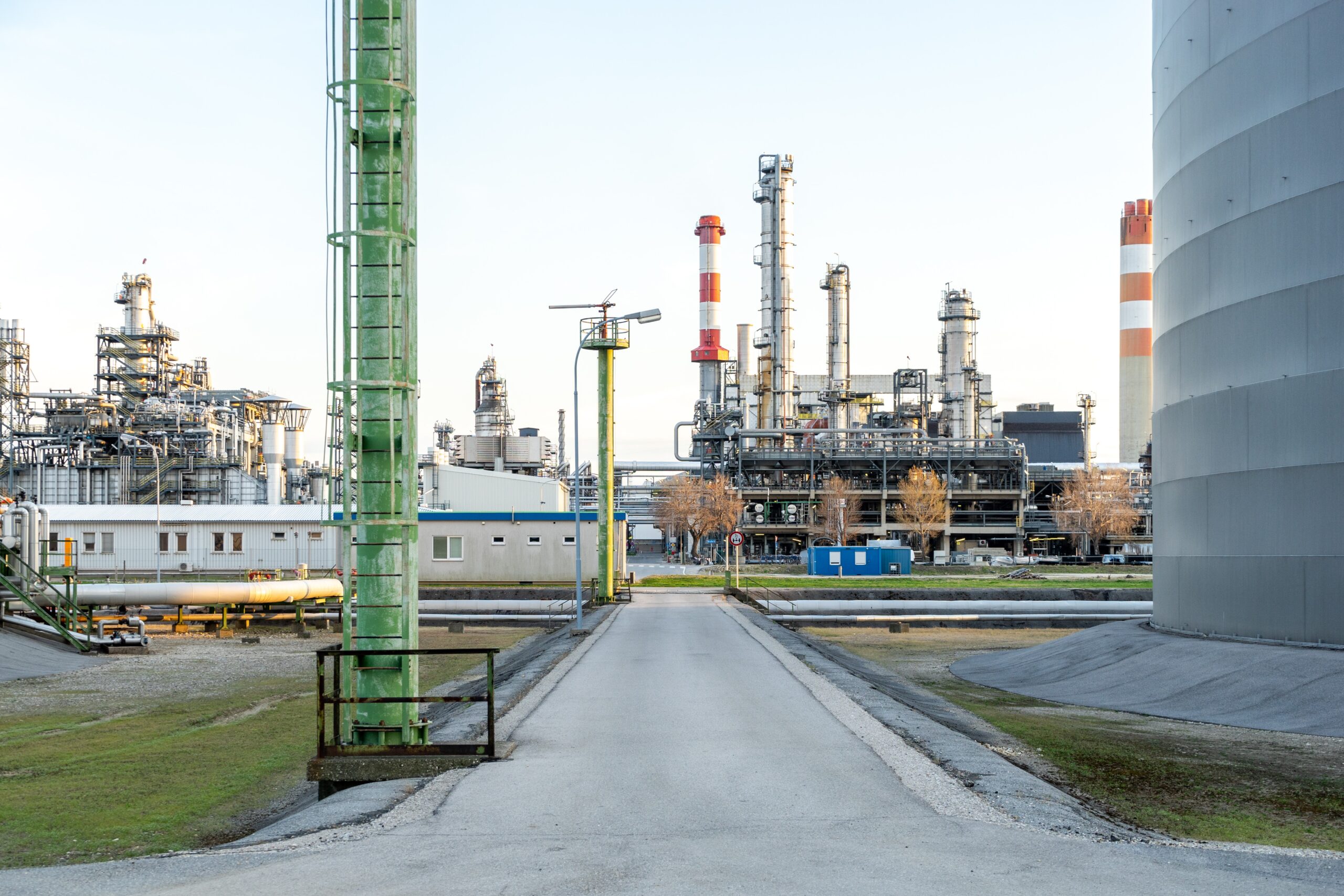In the vast universe of engineering, many disciplines take center stage—mechanical, civil, electrical, and computer science. However, one vital and often underappreciated branch quietly keeps the world running: Piping Engineering.
From transporting crude oil through offshore pipelines to distributing steam in power plants or handling toxic chemicals in refineries, piping systems are the veins and arteries of modern industry. And behind these systems stand the professionals who design, analyze, build, and maintain them—piping engineers.
If you’re looking for a stable, rewarding, and impactful engineering career, piping engineering might be your calling. In this blog post, we’ll uncover what makes this field worth your attention and why it’s a smart career choice for engineers.
What is Piping Engineering?
Piping Engineering is a specialized branch of engineering that deals with the design, layout, material selection, stress analysis, fabrication, erection, and maintenance of piping systems used to transport fluids (liquids and gases) in process industries.
You’ll commonly find piping engineers working in:
- Oil & Gas (Onshore and Offshore)
- Petrochemical & Chemical Industries
- Power Plants (Nuclear, Thermal, and Renewable)
- Water Treatment & Distribution
- Food & Beverage Processing
- Pharmaceutical Manufacturing
Why Should You Consider a Career in Piping Engineering?
1. Foundational to All Process Industries
Every process plant—whether it’s refining petroleum, producing ammonia, or generating power—relies on an extensive network of pipes. These aren’t just metal tubes; they carry hazardous, corrosive, or high-temperature fluids under pressure. Their design is critical to safety, efficiency, and reliability.
Why it matters: As long as the world needs fuel, chemicals, energy, and clean water, piping engineering professionals will remain essential.
2. High Demand & Job Stability
Skilled piping professionals are in high demand worldwide, especially in energy hubs like the Middle East, Southeast Asia, North America, and Europe.
Whether during the construction of new plants or the maintenance and upgrading of existing facilities, piping is always needed. With energy transitions underway, even green hydrogen and carbon capture projects require piping expertise.
Why it matters: Piping engineering offers job stability in both developing and developed economies.
3. Attractive Salaries and Global Opportunities
Due to the technical complexity and critical role of piping systems, piping engineers often enjoy above-average compensation, especially in oil & gas or offshore sectors.
Typical global salary ranges:
- Entry-Level (0–2 years): $30,000–$60,000
- Mid-Level (3–7 years): $60,000–$90,000
- Senior/Lead Engineer: $100,000–$160,000+
- Freelance Consultants (with 10+ years): Even higher, project-dependent
Why it matters: With the right skills, you can work anywhere—Dubai, Houston, Singapore, or even offshore rigs—with high earning potential.
4. Technical Variety and Continuous Learning
Piping engineering is a multi-disciplinary field involving:
- Fluid mechanics
- Thermodynamics
- Material science
- Structural analysis
- Codes and standards (e.g., ASME B31.3, API, ISO)
- CAD/CAE software like AutoCAD, Caesar II, E3D, SmartPlant, Navisworks
There is constant learning—whether you’re solving stress issues, selecting corrosion-resistant alloys, or optimizing layouts for modular construction.
Why it matters: It’s a technically rich and evolving profession that keeps you sharp and engaged.
5. Problem-Solving with Real-World Impact
As a piping engineer/Designer, your decisions directly affect:
- Plant safety
- Process reliability
- Construction cost
- Long-term maintenance
You’ll face real-world challenges like:
- Designing for earthquakes or extreme temperatures
- Routing pipe in congested spaces
- Ensuring joints and supports withstand vibration and fatigue
Why it matters: You make a tangible impact—your work ensures fluids flow safely, people stay safe, and businesses run smoothly.
6. Global Mobility and Diverse Career Paths
Piping engineers are often part of global projects, working with international teams. Opportunities exist across disciplines:
- Piping Design
- Piping Stress Analysis
- Field Engineering & Construction
- Piping Materials Engineering
- Project Management
- Technical Consulting
Why it matters: A career in piping is flexible and scalable—you can specialize or branch out.
Who Can Become a Piping Engineer?
Most piping engineers come from:
- Mechanical Engineering
- Chemical Engineering
- Petroleum Engineering
- Industrial or Production Engineering
With additional certification or training, fresh graduates or even professionals from other fields can enter piping engineering.
Final Thoughts: Is Piping Engineering Right for You?
If you:
- Enjoy solving real-world engineering challenges
- Like working across disciplines (design, construction, operation)
- Seek a career with long-term relevance and global mobility
- Want technical depth with good salary growth
…then piping engineering could be your ideal path.
It may not be the flashiest discipline, but it’s absolutely essential. And for those who pursue it, piping engineering offers a stable, respected, and impactful career that spans industries and borders.



